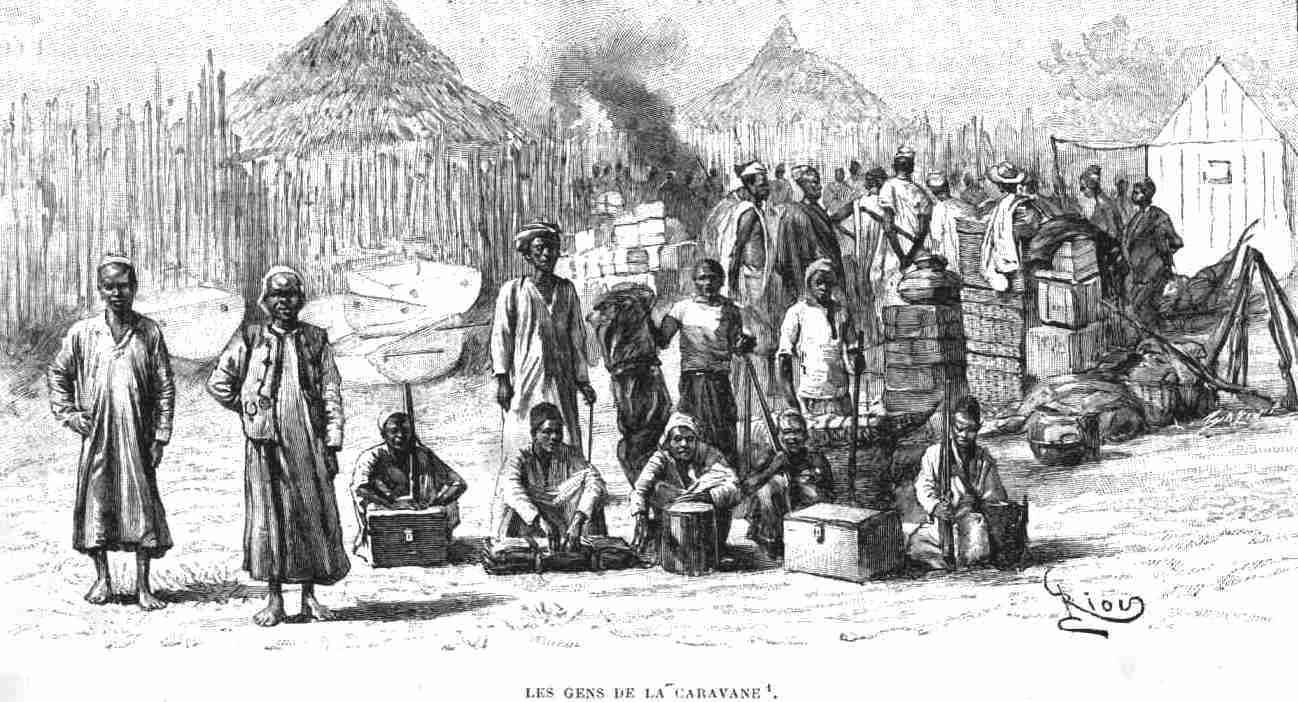|
Joseph Moloney
Joseph Moloney (1857 – 5 October 1896) was the Irish-born medical officer on the 1891–92 Stairs Expedition which seized Katanga in Central Africa for the Belgian King Leopold II, killing its ruler, Msiri, in the process. Dr Moloney took charge of the expedition for a few weeks when its military officers were dead or incapacitated by illness, and wrote a popular account of it, ''With Captain Stairs to Katanga: Slavery and Subjugation in the Congo 1891–92'', published in 1893.Joseph A. Moloney: ''With Captain Stairs to Katanga: Slavery and Subjugation in the Congo 1891–92''. Sampson Low, Marston & Company, London, 1893 (reprinted by Jeppestown Press, ) Early career Born Joseph Augustus Moloney in Newry, Ireland, in 1857, he studied at Trinity College Dublin and St Thomas's Hospital, London. He practised medicine in South London, and was a sportsman and yachtsman, with a taste for adventure, and was said to be 'hard as nails'. He served as a military doctor in the First ... [...More Info...] [...Related Items...] OR: [Wikipedia] [Google] [Baidu] |
Surbiton
Surbiton is a suburban neighbourhood in South West London, within the Royal Borough of Kingston upon Thames (RBK). It is next to the River Thames, southwest of Charing Cross. Surbiton was in the historic county of Surrey and since 1965 it has been in Greater London. Surbiton comprises four of the RBK's wards: Alexandra, Berrylands, St. Mark's, and Surbiton Hill. Founded originally as Kingston-upon-Railway when the area was first developed in the 1840s, Surbiton possesses a mixture of grand 19th-century townhouses, Art Deco courts, and more recent residential blocks blending in with semi-detached 20th-century housing estates. With a population of 45,132 in 2016, it accounts for approximately 25% of the total population of the Royal Borough of Kingston upon Thames. Surbiton extends over an area of . Etymology Though Surbiton only received its current name in 1869, the name is attested as ''Suberton'' in 1179, ''Surbeton'' in 1263, ''Surpeton'' in 1486, and finally ''Surbiton'' ... [...More Info...] [...Related Items...] OR: [Wikipedia] [Google] [Baidu] |
Canada
Canada is a country in North America. Its ten provinces and three territories extend from the Atlantic Ocean to the Pacific Ocean and northward into the Arctic Ocean, covering over , making it the world's second-largest country by total area. Its southern and western border with the United States, stretching , is the world's longest binational land border. Canada's capital is Ottawa, and its three largest metropolitan areas are Toronto, Montreal, and Vancouver. Indigenous peoples have continuously inhabited what is now Canada for thousands of years. Beginning in the 16th century, British and French expeditions explored and later settled along the Atlantic coast. As a consequence of various armed conflicts, France ceded nearly all of its colonies in North America in 1763. In 1867, with the union of three British North American colonies through Confederation, Canada was formed as a federal dominion of four provinces. This began an accretion of provinces an ... [...More Info...] [...Related Items...] OR: [Wikipedia] [Google] [Baidu] |
East Africa
East Africa, Eastern Africa, or East of Africa, is the eastern subregion of the African continent. In the United Nations Statistics Division scheme of geographic regions, 10-11-(16*) territories make up Eastern Africa: Due to the historical Omani Empire and colonial territories of the British East Africa Protectorate and German East Africa, the term ''East Africa'' is often (especially in the English language) used to specifically refer to the area now comprising the three countries of Kenya, Tanzania, and Uganda. However, this has never been the convention in many other languages, where the term generally had a wider, strictly geographic context and therefore typically included Djibouti, Eritrea, Ethiopia, and Somalia.Somaliland is not included in the United Nations geoscheme, as it is internationally recognized as a part of Somalia. *Tanzania, Kenya, Uganda, Rwanda, Burundi, Democratic Republic of Congo and South Sudan are members of the East African Community. The firs ... [...More Info...] [...Related Items...] OR: [Wikipedia] [Google] [Baidu] |
Arabs
The Arabs (singular: Arab; singular ar, عَرَبِيٌّ, DIN 31635: , , plural ar, عَرَب, DIN 31635, DIN 31635: , Arabic pronunciation: ), also known as the Arab people, are an ethnic group mainly inhabiting the Arab world in Western Asia, North Africa, the Horn of Africa, and the western List of islands in the Indian Ocean, Indian Ocean islands (including the Comoros). An Arab diaspora is also present around the world in significant numbers, most notably in the Americas, Western Europe, Arabs in Turkey, Turkey, Arab Indonesians, Indonesia, and Iranian Arabs, Iran. In modern usage, the term "Arab" tends to refer to those who both Arab identity, carry that ethnic identity and speak Arabic as their native language. This contrasts with the narrower traditional definition, which refers to the descendants of the tribes of Arabia. The religion of Islam was developed in Arabia, and Classical Arabic serves as the language of Islamic literature. 93 percent of Arabs are Muslims ... [...More Info...] [...Related Items...] OR: [Wikipedia] [Google] [Baidu] |
Christian De Bonchamps
The Marquis Christian de Bonchamps (15 June 1860 – 9 December 1919) was a French explorer in Africa and a colonial officer in the French Empire during the late 19th- early 20th-century epoch known as the " Scramble for Africa", who played an important role in two of the more notorious incidents of the period. The Stairs Expedition De Bonchamps served as a cavalry officer in France and then spent several seasons in North America, hunting in the Rocky Mountains. In 1891 he was appointed third officer of the Stairs Expedition which aimed to take possession of Katanga in Central Africa for the Belgian King Leopold II, with or without the consent of its king, Msiri. Moloney, Joseph A. (1893). ''With Captain Stairs to Katanga''. London: S. Low, Marston & Company. When treaty negotiations with Msiri reached a stalemate, de Bonchamps proposed capturing Msiri and holding him hostage. Msiri typically had 300 armed warriors at his stockade, but de Bonchamps had discovered th ... [...More Info...] [...Related Items...] OR: [Wikipedia] [Google] [Baidu] |
Boma (enclosure)
A boma is a livestock enclosure, community enclosure, stockade, corral, small fort or a district government office, commonly used in many parts of the African Great Lakes region, as well as Central and Southern Africa. It is particularly associated with community decision making. It is incorporated into many African languages, as well as colonial varieties of English, French and German. As a livestock enclosure, a ''boma'' is the equivalent of '' kraal''. The former term is used in areas influenced by the Swahili language, and the latter is employed in areas influenced by Afrikaans. In the form of fortified villages or camps, ''bomas'' were commonplace in Central Africa in the 18th and 19th century. They were commonplace throughout Africa, including in areas affected by the slave trade, tribal wars and colonial conquest, and were built and used by both sides. Apart from the neatly built stockades shown in illustrations of bomas, the term, in practice, more often resembled ... [...More Info...] [...Related Items...] OR: [Wikipedia] [Google] [Baidu] |
Atrocities In The Congo Free State
In the period from 1885 to 1908, many well-documented atrocities were perpetrated in the Congo Free State (today the Democratic Republic of the Congo) which, at the time, was a State (polity), state under the absolute rule of Leopold II of Belgium, King Leopold II of the Belgians. These atrocities were particularly associated with the labour policies used to collect natural rubber for export. Together with epidemic disease, famine, and a falling birth rate caused by these disruptions, the atrocities contributed to a sharp decline in the Congolese population. The magnitude of the population fall over the period is disputed, with modern estimates ranging from 1.5 million to 13 million. At the Berlin Conference of 1884–1885, the European powers allocated most of the Congo Basin region to a supposedly philanthropic organisation run by Leopold II, who had long held ambitions for colonial expansion. The territory under Leopold's control exceeded ; amid financial problems, it was dir ... [...More Info...] [...Related Items...] OR: [Wikipedia] [Google] [Baidu] |
Omer Bodson
Omer Bodson (5 January 1856 – 20 December 1891) was the Belgian officer who shot and killed Msiri, King of Garanganze ( Katanga) on 20 December 1891 at Bunkeya in what is now the DR Congo. Bodson was then killed by one of Msiri's men. Military career Omer Bodson was born on 5 January 1856 in Liège. He enlisted in the Belgian military and then joined the military service of King Leopold II of Belgium's Congo Free State in 1887, and was stationed at Mateba then Stanley Falls where he assisted the Emin Pasha Relief Expedition. He court-martialled the African soldier who shot Major Barttelot, leader of the Rear Column of that expedition.Joseph A. Moloney: ''With Captain Stairs to Katanga'', Sampson Low Marston & Co, London, 1893. ''See: Bodson pp14-15, killing of Msiri pp188-193, death of Bodson pp193-194''. Bodson returned to Belgium in 1889 as a captain of the Belgian Carbineers and took part in the suppression of riots in Liège, receiving the personal thanks of King Leo ... [...More Info...] [...Related Items...] OR: [Wikipedia] [Google] [Baidu] |
Bunkeya
Bunkeya is a community in the Lualaba Province of the Democratic Republic of the Congo. It is located on a huge plain near the Lufira River. Before the Belgian colonial conquest, Bunkeya was the center of a major trading state under the ruler Msiri. Early history In the later 19th-century, Bunkeya was the capital of Msiri, the son of an East African trader. Msiri's father had been in the business of buying copper ore in Katanga and transporting it to the east coast of Africa for resale. As a young man Msiri remained behind in the region as his father's agent. He became leader of a group of Bayeke people, and established a state that extended from the Luapula River south to the Congo-Zambezi watershed, and from Lake Mweru in the east to the Lualaba River in the west. Based on Bunkeya, the state controlled a huge central-African trading network, mostly dealing in slaves but also in ivory, salt, copper and iron ore. Traders came to Bunkeya from the Zambezi and Congo basins, from An ... [...More Info...] [...Related Items...] OR: [Wikipedia] [Google] [Baidu] |
Zanzibar
Zanzibar (; ; ) is an insular semi-autonomous province which united with Tanganyika in 1964 to form the United Republic of Tanzania. It is an archipelago in the Indian Ocean, off the coast of the mainland, and consists of many small islands and two large ones: Unguja (the main island, referred to informally as Zanzibar) and Pemba Island. The capital is Zanzibar City, located on the island of Unguja. Its historic centre, Stone Town, is a World Heritage Site. Zanzibar's main industries are spices, raffia and tourism. In particular, the islands produce cloves, nutmeg, cinnamon, and black pepper. For this reason, the Zanzibar Archipelago, together with Tanzania's Mafia Island, are sometimes referred to locally as the "Spice Islands". Tourism in Zanzibar is a more recent activity, driven by government promotion that caused an increase from 19,000 tourists in 1985, to 376,000 in 2016. The islands are accessible via 5 ports and the Abeid Amani Karume International Airport, w ... [...More Info...] [...Related Items...] OR: [Wikipedia] [Google] [Baidu] |
Moloney Hamadi Massoudi
{{disambig ...
Moloney may refer to: *Moloney (surname), people with the surname ''Moloney'' * ''Moloney'' (TV series), 1996–97 American television police drama See also *Maloney *Moloney's Mimic Bat Moloney's mimic bat (''Mimetillus moloneyi'') is a species of vesper bat. It can be found in Benin, Cameroon, Central African Republic, Republic of the Congo, Democratic Republic of the Congo, Ivory Coast, Equatorial Guinea, Ethiopia, Gabon, Gh ... [...More Info...] [...Related Items...] OR: [Wikipedia] [Google] [Baidu] |
Congo Free State
''(Work and Progress) , national_anthem = Vers l'avenir , capital = Vivi Boma , currency = Congo Free State franc , religion = Catholicism (''de facto'') , leader1 = Leopold II of Belgium , year_leader1 = 1885–1908 , title_leader = Sovereign , representative1 = F. W. de Winton , year_representative1 = 1885–1886 , representative2 = Théophile Wahis , year_representative2 = 1900–1908 , title_representative = Governor-General , today = Democratic Republic of the Congo , demonym = , area_km2 = 2,345,409 , area_rank = , percent_water = 3.32 , population_estimate = 9,130,000 , population_estimate_year = 1907 , population_density_km2 = 3.8 , GDP_PPP = , GDP_PPP_year = , HDI = , HDI_year = The Congo Free State, al ... [...More Info...] [...Related Items...] OR: [Wikipedia] [Google] [Baidu] |
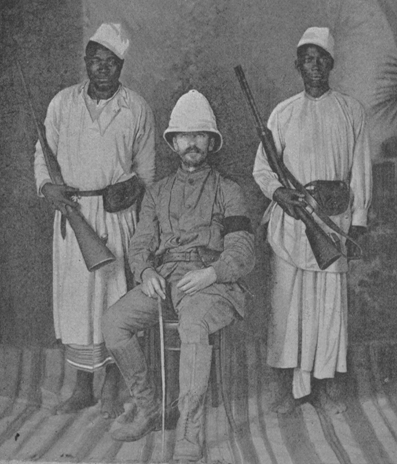
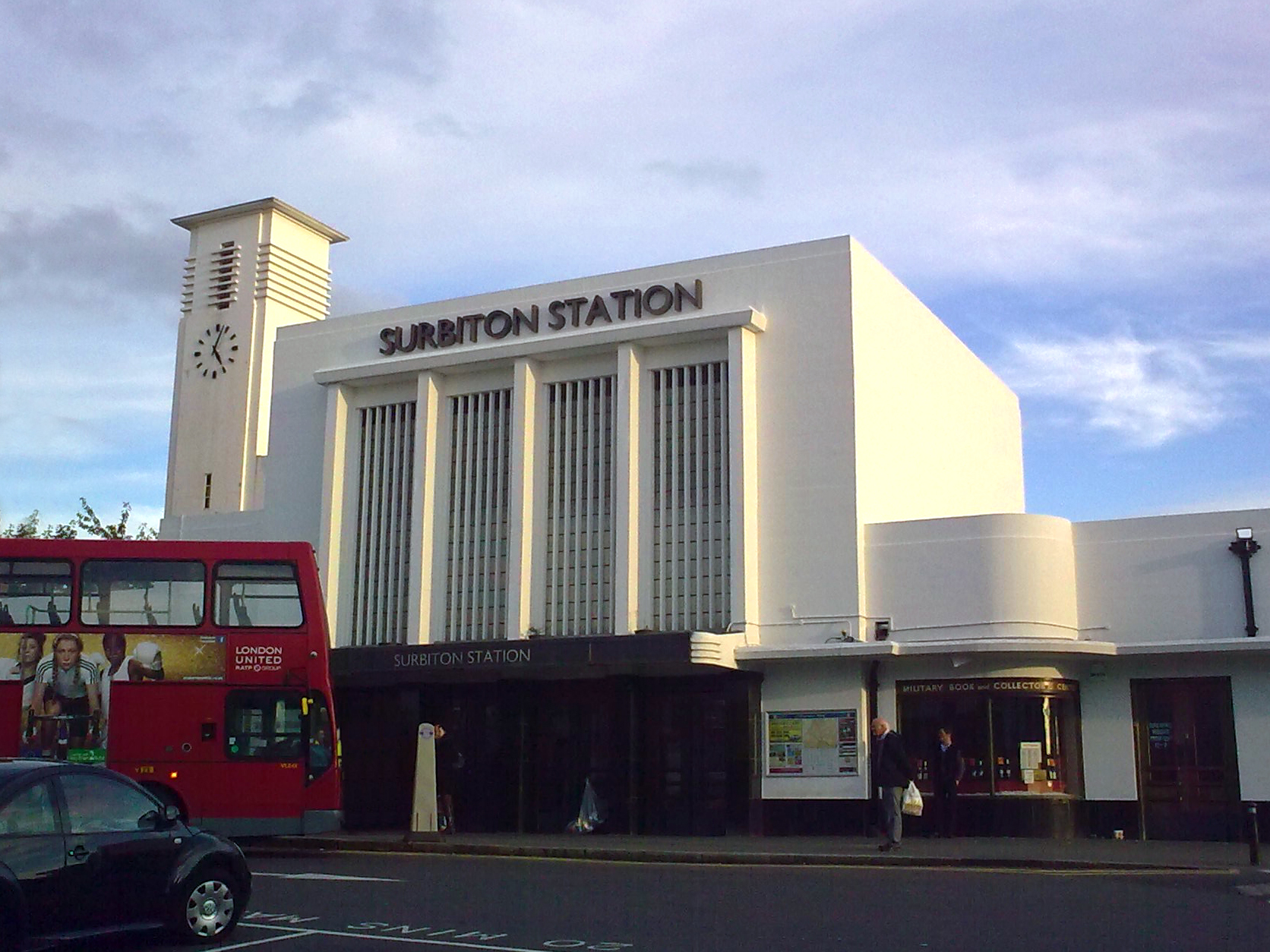
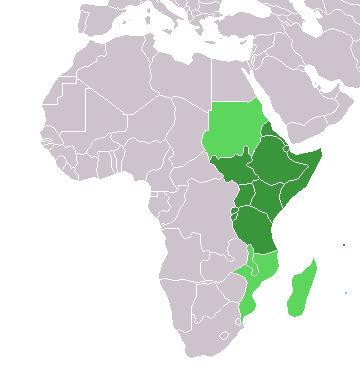

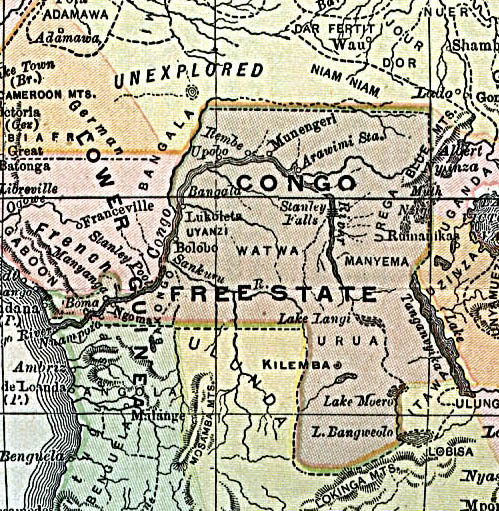
.jpg)
